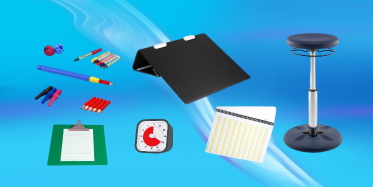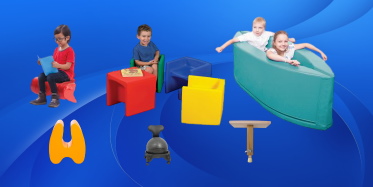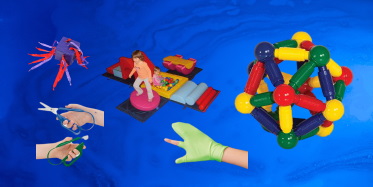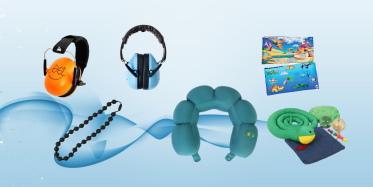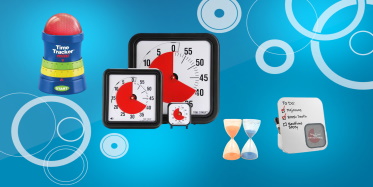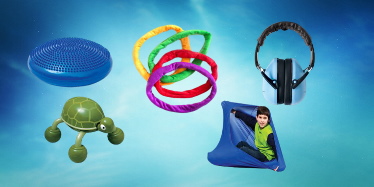Is there a neurological test for ADHD?
There is no single test for diagnosing ADHD, it can require a number of tests and evaluations as well as in-depth interviews with one or several medical professionals. Among the tools available for diagnosing ADHD there is a neuropsychological assessment where your behavioral, cognitive, and executive functions are tested. During a neurological assessment, the patient answers questions and does computer-based tests. Neuropsychological testing is particularly recommended when a learning disability is suspected.
What kind of doctor can diagnose ADHD?
Most people looking for a diagnosis of ADHD start by contacting their GP. He can recommend a neurologist, a specialist pediatrician, psychiatrist, or psychologist trained in diagnosing ADHD. A social worker, master level counselor or clinical nurse trained in ADHD diagnosis can give a diagnosis of ADHD in some countries. Only a GP, neurologist, psychiatrist, pediatrician, or another licensed medical physician can prescribe medication for ADHD.
How does a neurologist diagnose ADHD?
A neurologist can run a neuropsychological assessment which involves the patient answering questions, questionnaires, and doing computer-based tests. The neurologist may also want to run an MRI or EEG to rule out the presence of seizures or other physical problems in the brain. A neurologist can prescribe medication but they lack training in counseling which may be necessary with ADHD patients.
What is NEBA?
NEBA (Neuropsychiatric EEG-based Assessment Aid) is an FDA approved system to help diagnose ADHD in children aged 6 to 17 years. The system scans the brain’s theta and beta waves and measures the ratio between the two. In children with ADHD, the ratio of theta/beta waves has been found to be higher than in children without ADHD.

